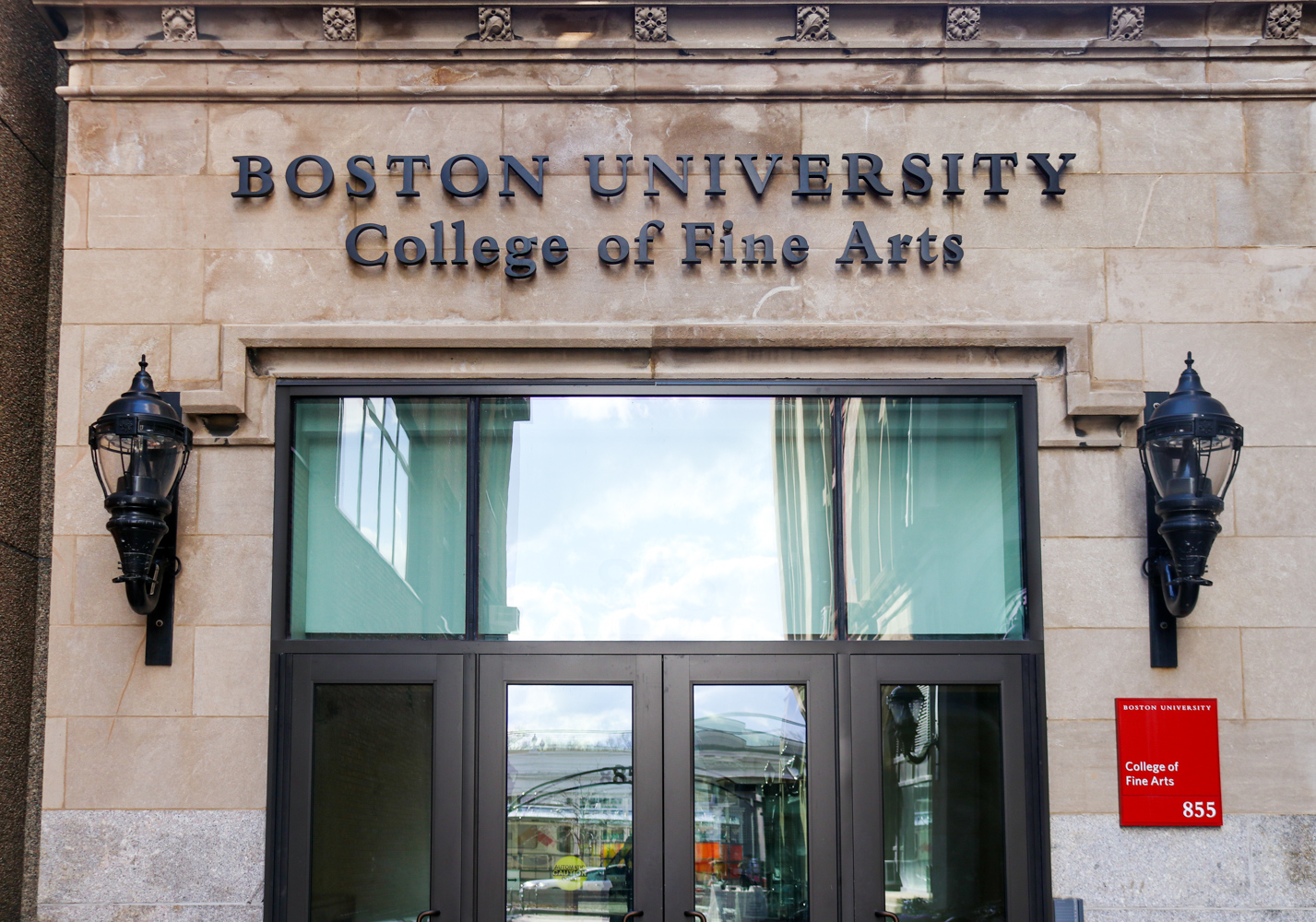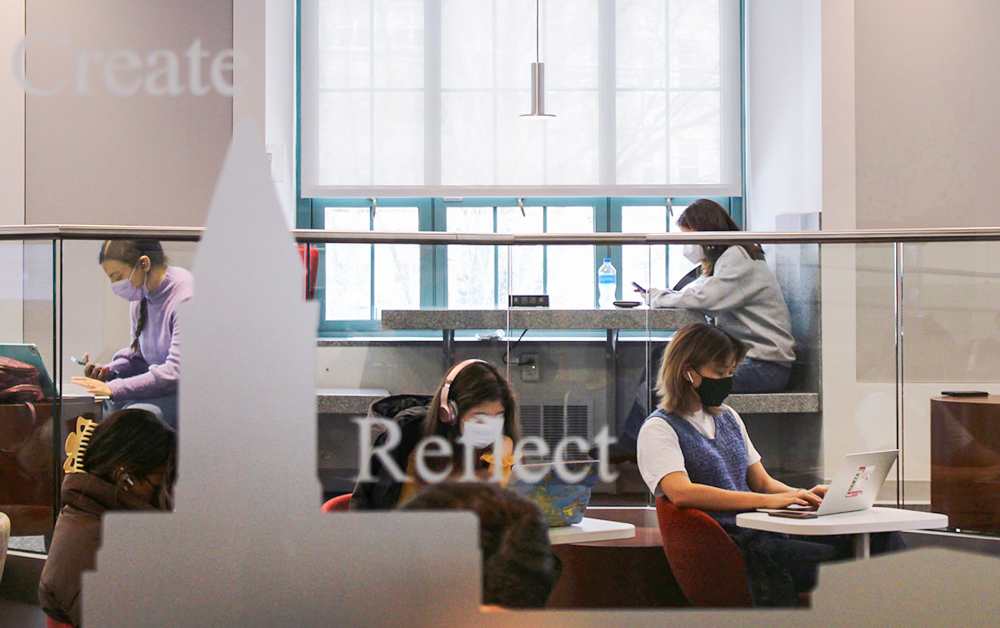Boston University President Robert Brown was the highest paid Mass. private college president in 2010, according to data by The Chronicle of Higher Education.
In 2010, Brown received a total compensation of $1,141,330, about $70,000 more than Northeastern University President Joseph Aoun, the second highest paid Massachusetts private college president, a data report released Sunday stated.
The data shows compensation and base pay received in 2010 by 493 chief executives at 480 private, nonprofit colleges in the U.S, according to the report. Researchers compiled data from the Internal Revenue Service’s Form 990 from either colleges themselves or an online source.
Brown’s base pay was listed as $734,349, which was also the highest among Massachusetts’s private college presidents. His base pay increased 0.6 percent from 2009.
Brown received the 24th highest total compensation nationally and the 16th highest base pay.
The median compensation for private college presidents was $396,649, a 2.8 percent increase from 2009, according to the report.
Brown, Aoun and Massachusetts Institute of Technology President Susan Hockfield were the three highest paid Massachusetts presidents and the only three in the state to receive total compensations above $1 million.
J. Robert Kerrey, president of The New School in New York, received the greatest compensation nationally totaling $3,047,703 with a base pay of $602,593. Kerrey was succeeded by David Van Zandt in 2011.
From 2009 to 2010, Brown’s total compensation decreased 0.1 percent, according to the report.
Brown did not receive any bonus pay, according to the report. He received $278,744 in nontaxable benefits in 2010, an increase of 2.2 percent from 2009.
The report classified nontaxable benefits as any health and medical benefits, life insurance, housing provided by the employer, personal legal and financial services, dependent care, adoption assistance, tuition assistance or cafeteria plans.
BU spokesman Colin Riley said Brown is fairly compensated for his work.
“He’s [Brown has] done an outstanding job,” he said. “We’re really fortunate and benefitting from his leadership during his work as president of this university. The university continues to make great strides under his leadership.
Riley said it is important to note that the IRS changed its policy in 2010 to require universities to report nontaxable benefits such as housing in total compensation figures.
As The Boston Globe reported on June 13, 2010, Brown’s residence in Brookline was the priciest among Boston private college presidents.
However, the Globe reported BU assessed the entire house in determining the rental cost, while many other Boston schools, such as Northeastern and Harvard University, assessed rental costs based exclusively only the private residential portion of the house.
Certain areas of presidential homes, particularly ground floors, are often used for community events.
The Globe reported specialists said presidential homes would yield thousands of dollars more if universities assessed entire property values rather than portions.
This distinction contributes to why Brown’s compensation was the highest among Boston private colleges in 2008, the Globe reported.
New York University President John Sexton received a total compensation of $1,476,625, 11th nationally and a base pay of $1,242,806 in 2010. George Washington University President Steven Knapp received a total compensation of $1,165,813, 23rd nationally and a base pay of $725,231.

























































































































